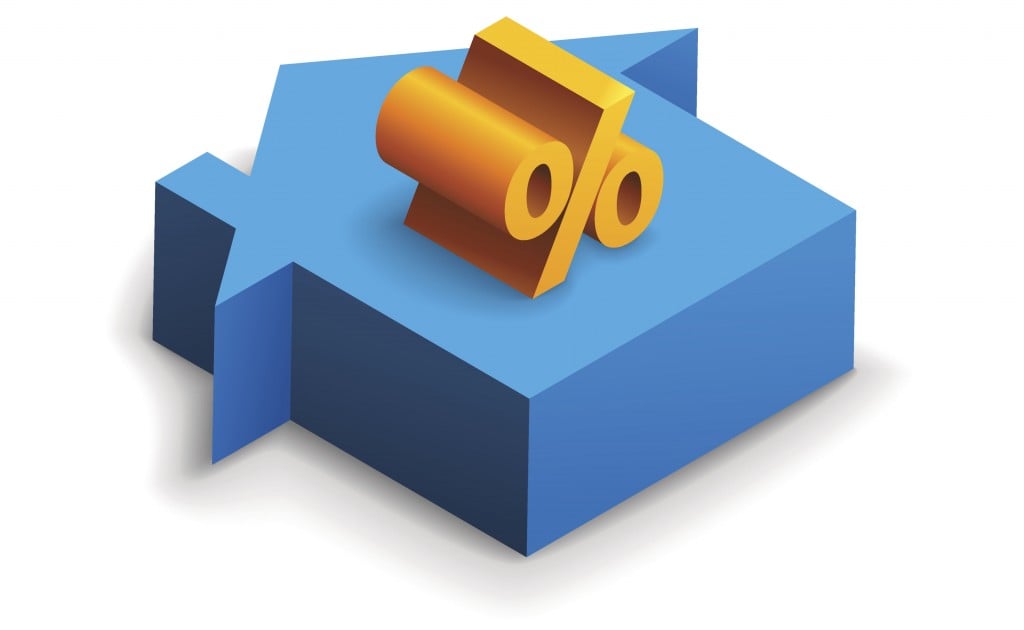Bank of Canada rate cuts and its impact on mortgage rates
What you need to know as a home buyer, seller or real estate investor
Advertisement
What you need to know as a home buyer, seller or real estate investor

Share this article Share on Facebook Share on Twitter Share on Linkedin Share on Reddit Share on Email